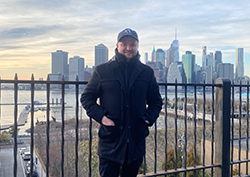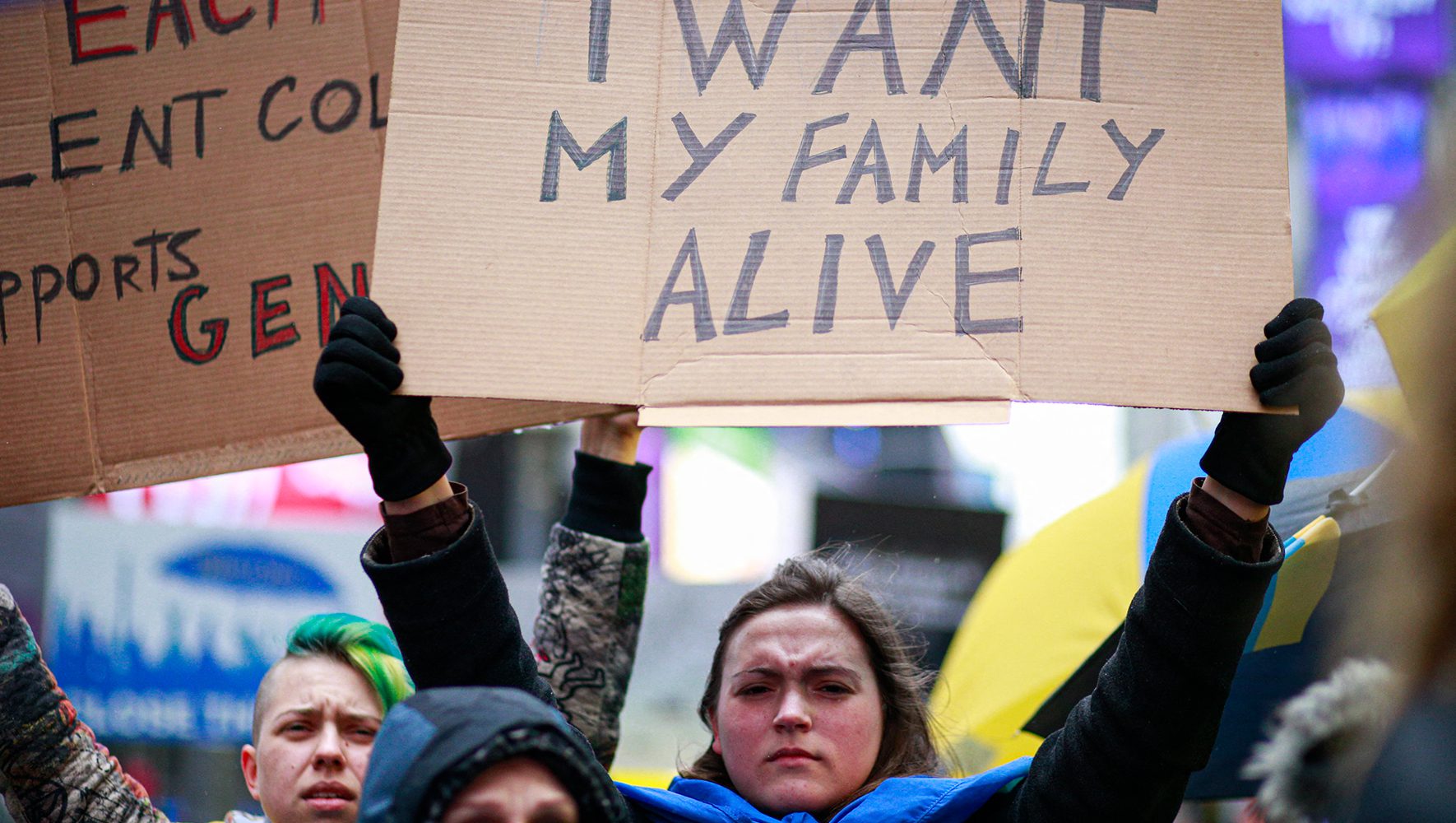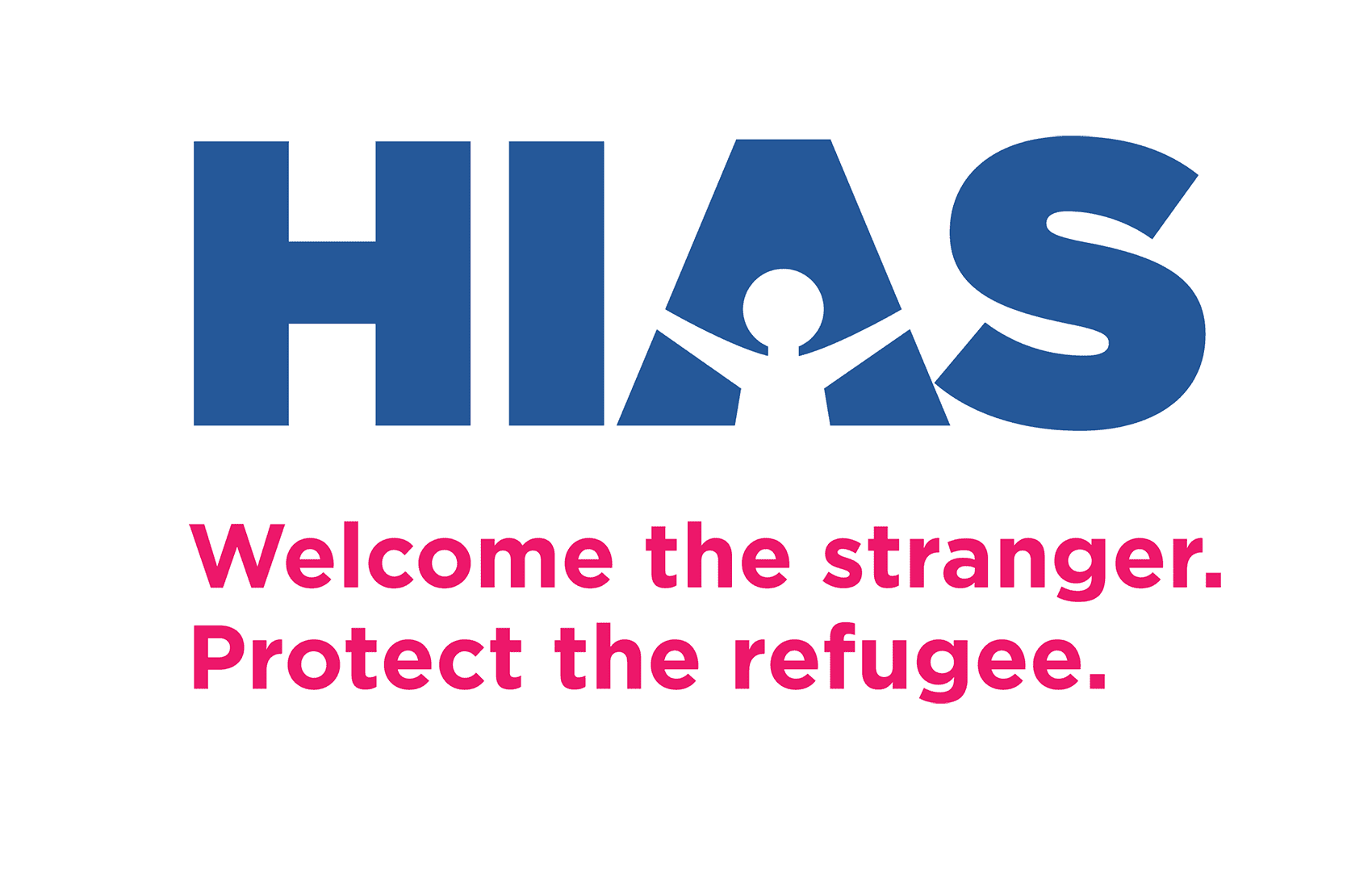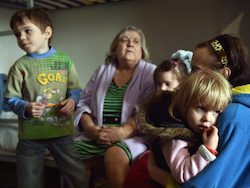The Lautenberg Amendment: A Lifeline for Iran’s Religious Minorities
By Sarah Baradaran, Refugee Policy Intern
Nov 12, 2014
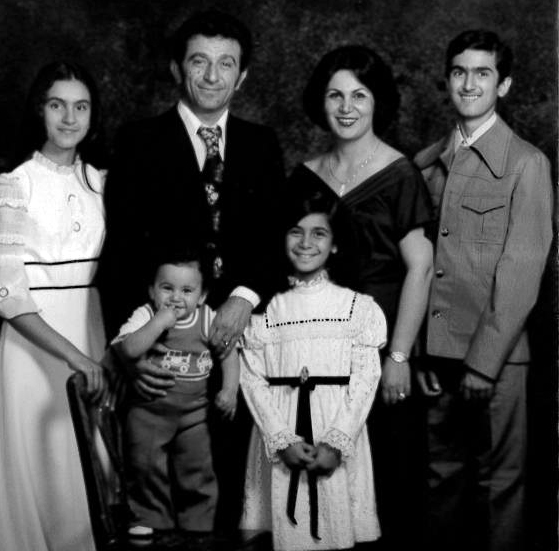
Sarah Baradaran’s family immigrated from Iran to America
Perhaps the most important value my family instilled in me as I was growing up is that “we were the lucky ones.” We were lucky to leave Iran just weeks before the fall of the Shah in 1979. We were lucky we had family in Israel, the only place we could seek refuge while applying to go to America. We were lucky to have family to reunite with once we arrived in the United States. Finally, we were lucky to be granted citizenship, and to have a real fresh start when we moved to Los Angeles, home to the largest Persian diaspora in the world.
I am proud to be a first-generation Iranian-American. I am equally proud to be part of Iran’s 2,500-year-old Jewish community.
Unfortunately, some Iranians were not so lucky.
Since the fall of the Shah, Iranians who were unable to leave witnessed the end of religious tolerance in Iran. To this day, the UN, the U.S. State Department and international NGOs continuously report that Jews, Baha'is, Christians and almost all non-Shia religious minorities face religious persecution in Iran.
The Lautenberg Amendment, named after the late New Jersey Senator and refugee champion Frank Lautenberg, has been the only lifeline for many of Iran’s religious minorities to escape. The Amendment was enacted as part of the 1990 Appropriations Bill and initially facilitated the resettlement of people from the former Soviet Union and Southeast Asia. In 2004, Iran’s religious minorities were added to the Amendment.
The legislation expires at the end of each fiscal year and must be renewed to prevent a lapse that would place Iranian religious minorities at great risk. HIAS works with Jewish community partners on an ongoing basis to ensure that Congress extends the legislation, but this year it lapsed on September 30. With Congress back in session this week and making critical decisions about next year’s budget, it is imperative that our legislators extend the Lautenberg Amendment as soon as possible when they return to Washington.
As a first-generation American, and a daughter of two Iranian immigrants, I am humbled that my parents were among the lucky ones. And I am equally grateful that HIAS is there each year to fight for the protection and rights of those who are not so lucky.


